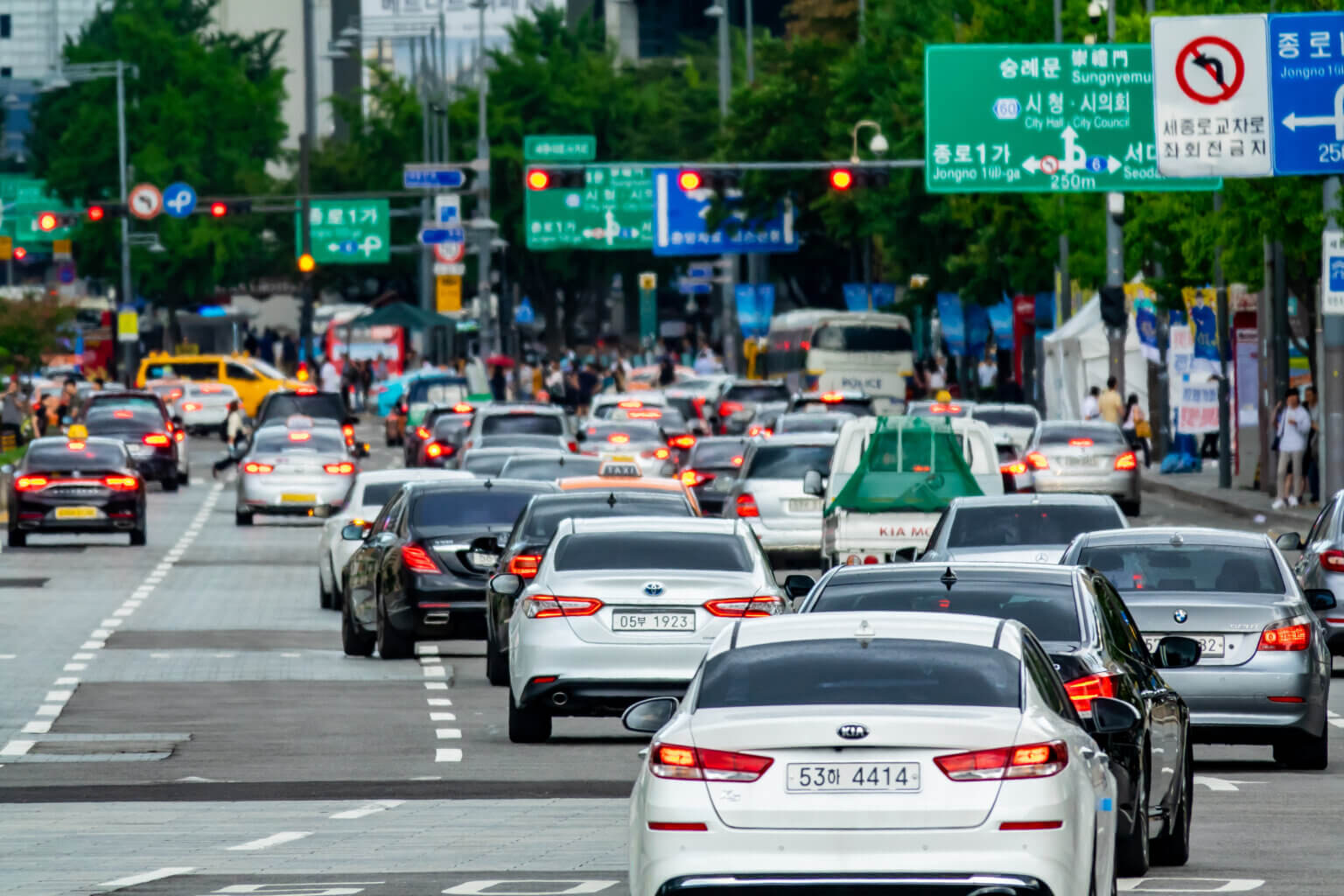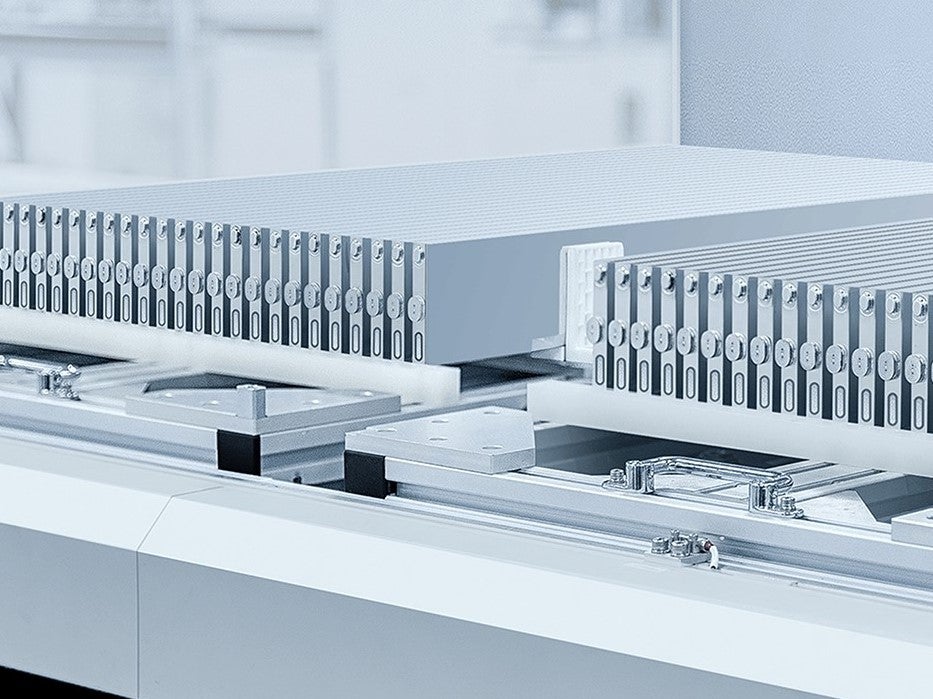
When it comes to what fuel powers their cars, Korean drivers embrace diversity. At the time of writing, in Korea, more than 98% of vehicles in operation are powered by a range of commercialised fossil fuels including gasoline, diesel, LPG, CNG and hybrid (fossil fuel + electricity) while roughly 2% of them are zero-emission vehicles (ZEVs), fully powered by electricity or hydrogen. We even dare to say that the vehicles on Korean roads are powered by the most diversified mix of motor fuels in the world.
But now as we are moving towards automotive decarbonisation, we tend to assume that Battery Electric Vehicles (BEVs) and Fuel Cell Electric Vehicles (FCEVs) will replace ICE/hybrid vehicles to achieve carbon-free goals in the future. To Korean drivers, this means they may have to give up the fuel diversity they are enjoying now and rely only on the limited power sources of battery electricity or hydrogen. Without a doubt, BEV and FCEV are the only commercially viable ZEVs available now with BEV being the primary ZEV choice in all countries that intend to kill off petroleum-powered vehicles over the next 5-10 years. Right now, ZEV penetration in most countries is also determined by the level of government support aimed at reducing carbon emissions in the transportation sector. But many analysts are not looking much beyond, say, 2035, because there are too many variables in the automotive roadmap to decarbonisation.
In this Analyst Briefing, we can imagine a time at the end of this century when Korean roads only carry carbon-free transportation. By 2099, our descendants will have to go to a museum to see an ICE vehicle as such technology will have been regulated out of existence. Not just the sale but also the operation of any type of non-ZEV will have been banned in Korea. Korea will no doubt have achieved its automotive carbon-free goal by then, or probably far earlier.
Of course, the path to decarbonisation will never be smooth. Before reaching full freedom from carbon, hybrid vehicles will thrive in Korea to bridge the gap between fossil fuels and ZEVs. Carbon-neutral fuels, such as e-fuels and biofuels, may be tested commercially in the future, but they are unlikely to become mainstream. In the end, hybrids and carbon-neutral fuels will lose their ‘eco-friendly’ status for as long as they emit carbon dioxide and will face gradual (or sudden) phase-out on Korean roads because they violate the principle of zero-emission. So, only ZEVs will prevail in the long run.
By 2099, considerable progress on battery and hydrogen technologies will have been made and these improved systems will power all kinds of cars and light trucks. In addition to this, light vehicles will be indirectly powered by renewable sources such as solar and wind energies which will create the electricity used to power BEVs or to produce hydrogen for FCEVs.
GlobalData Korean Light Vehicle Analyst team
This article was first published on GlobalData’s dedicated research platform, the Automotive Intelligence Center



